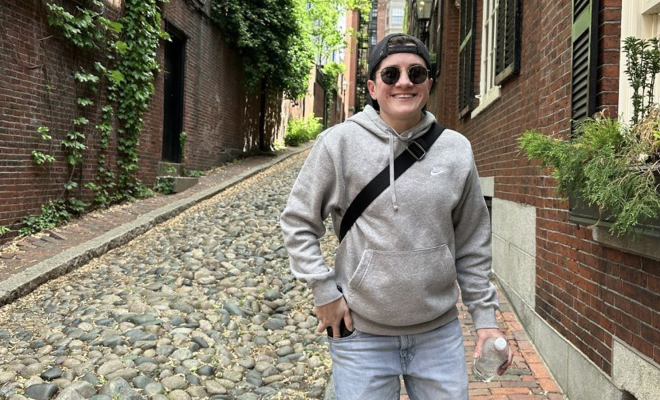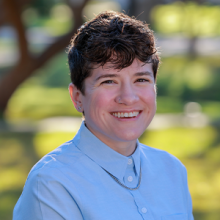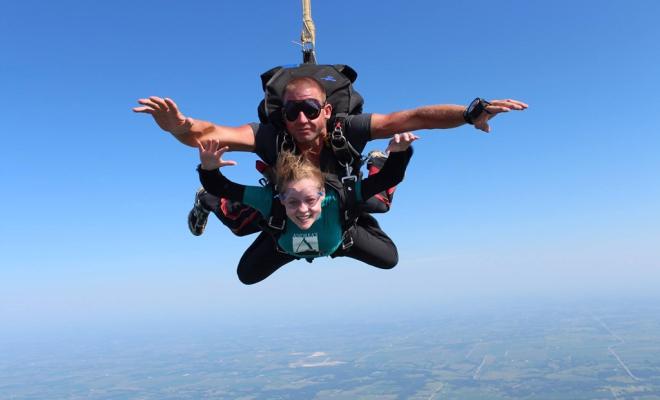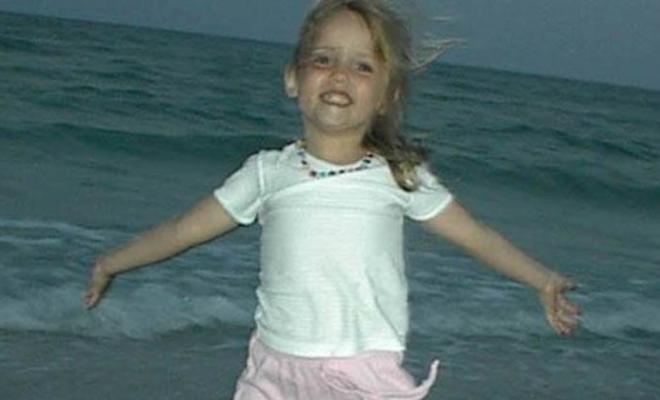I am one of the 6% of people with cystic fibrosis who are ineligible for CFTR modulator therapies. My journey started in 2015 when my blood was taken at my new-to-me CF care center so that it could be sent off for genetic sequencing for the first time. After waiting several weeks, I sat in an exam room as my pulmonologist explained to me that I had something called a nonsense mutation — R1162x — as well as a second mutation called 5T. She went over the possible significance of each mutation but — in that moment — I didn’t fully realize the importance of all the facts being presented to me. I had CF, and this didn’t change anything for me because at the time, the only mutation-dependent treatments on the market were Kalydeco® and Orkambi®, and I knew this meant I was still not eligible to take them.
Fast forward to the beginning of 2023. It’s been nearly eight years since my genetic mutations were initially identified, and two additional modulators have been approved. However, I still am not eligible for any of them. Being in this position, along with developing antibiotic allergies, has motivated me to start seeking any and all ways to gain access to better treatment options. One of the first places I looked at was clinical trials.
In March 2023, I began the screening process for a clinical trial that was mutation dependent. Imagine my surprise when I received a phone call from the study site to tell me that — after reviewing my medical records — it was determined that I was not eligible because according to the facilitator of the study, my 5T mutation was “not a CF-causing mutation.” I remember feeling stunned and confused by this news. It was my understanding that my lung function, hospital admission history, and every other part of my record indicated that I did, in fact, have cystic fibrosis. How could they tell me that I had a mutation that didn’t cause CF when I so clearly had it?
On that same phone call, the study site said they suspected my second mutation might be incorrect and that my actual mutation might not have been known in 2015. They explained that with more CF-causing mutations being identified all the time, they were confident they could now name the correct mutation. So, a month later I flew across the country to the study site to get my blood drawn so that I could get my genetics sequenced for a second time. It was explained to me that they were doing a sequencing test with a lab that had the capability to test for 99% of all known CF-causing mutations. If anyone was going to catch something that was missed, it would be this lab.
A couple days later I flew back home and waited for the results. Regardless of whether I was admitted to the study, I found myself questioning so much about my experience living with CF after being told that one of my mutations didn’t normally cause the disease. I was beyond anxious and did mental gymnastics for weeks trying to understand what these results might mean for me when I finally received them. Almost a year earlier, I had received results for theratyping of my genes, which showed no response to any of the modulators currently on the market. So, I knew that no matter how the results came back, I would not be eligible for any modulator. But I was anxious to find solace in knowing exactly what my mutations are.
Three weeks later, I received a call from the research coordinator informing me that they had found my mutation! A rare nonsense mutation called Q1330X was the second mutation that caused my cystic fibrosis.
Despite the news that I am part of the 2.7% of all CF patients who have two copies of nonsense mutations, I was elated and relieved to finally have the answers I had unknowingly been seeking for years.
I feel compelled to share this story now because with CF patients living longer, along with more treatment options being mutation-dependent than ever before, it’s so important that we have accurate information to navigate this ever-changing landscape of CF treatments.
Having correctly identified mutations can guide treatment plans, allow us to participate in groundbreaking research, and ensure that we can make more informed decisions about our care.
Additionally, making sure the Patient Registry is accurately updated allows our community to gauge where our efforts need to be funneled.
I got very lucky and sort of stumbled into this opportunity to have my genetics sequenced by a lab that had the capability to find my rare nonsense mutation. But not everyone will be that lucky. I know, in general, insurance will not pay for genetic sequencing more than once, no matter how much time has passed since a patient’s initial test. Additionally, lab panel options vary and often only test for dozens or hundreds of the most common mutations — predominately those found in the Caucasian population. My mother immigrated to the United States from Colombia, and I am of Hispanic descent, so that very well could have been a factor in the delay of proper identification of my mutations.
With all these factors at play, I hope our community can continue to work and advocate for those of us who are still seeking answers and better treatment options. I will always be grateful for the facilitator of that study and the team at the study site that advocated on my behalf to help get me the answers I didn’t know I needed. I encourage anyone questioning their mutation diagnosis to advocate for themselves and explore all avenues available to get the answers they need!
Interested in sharing your story? The CF Community Blog wants to hear from you.





